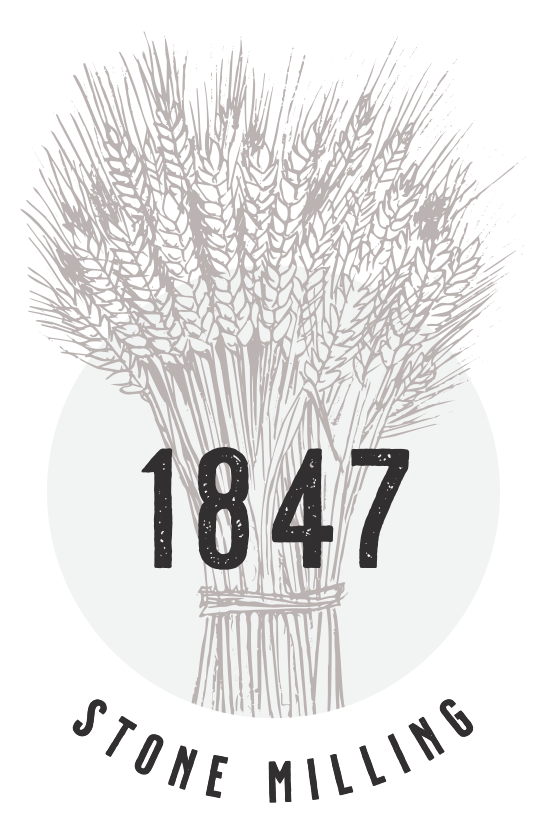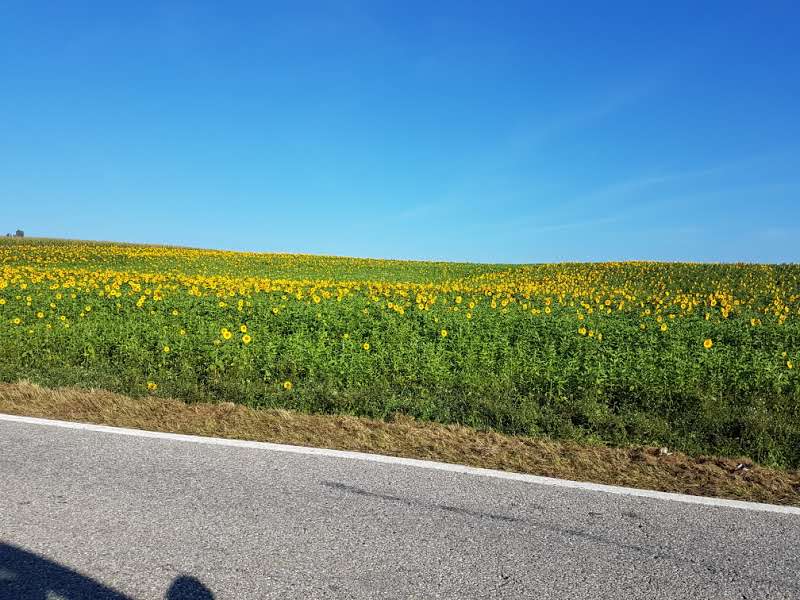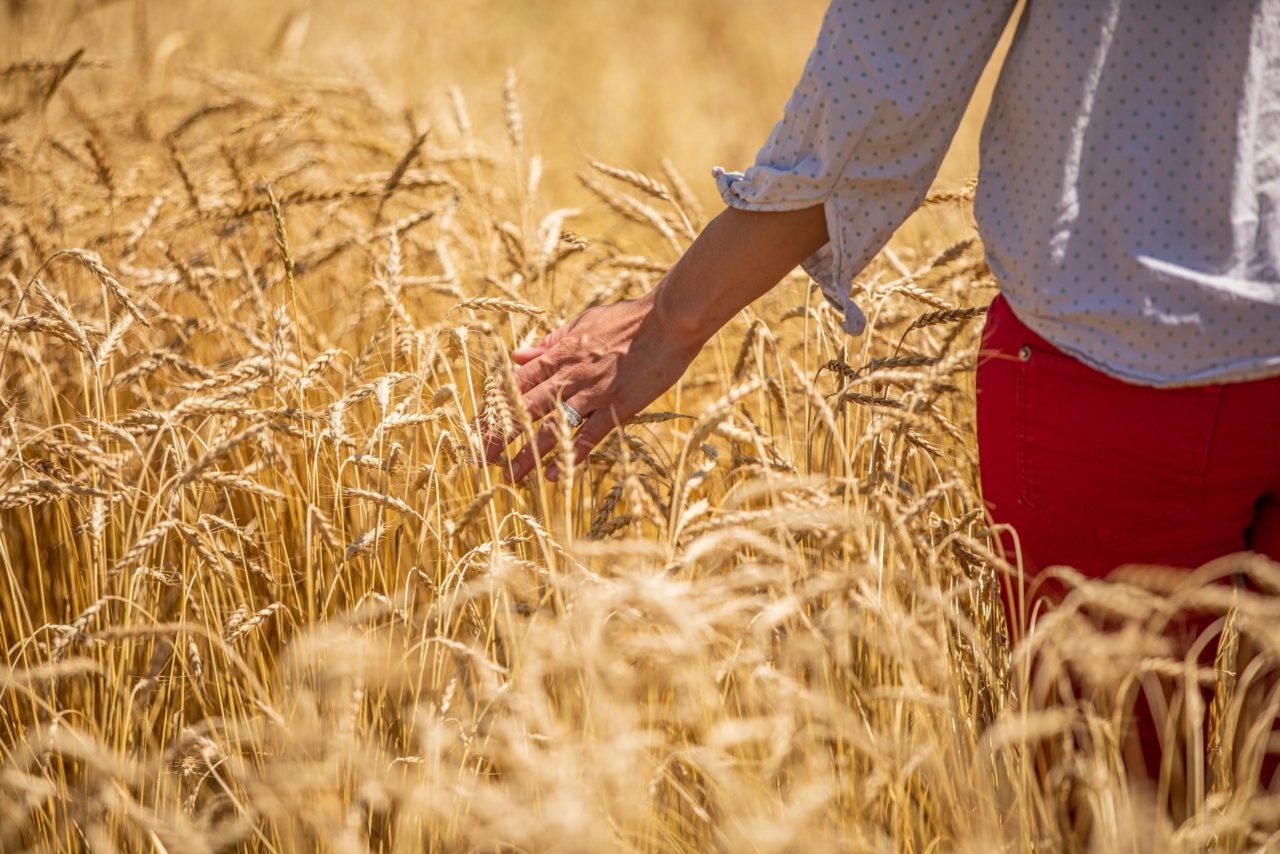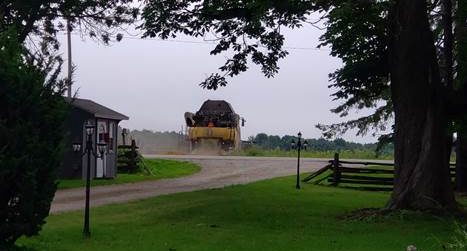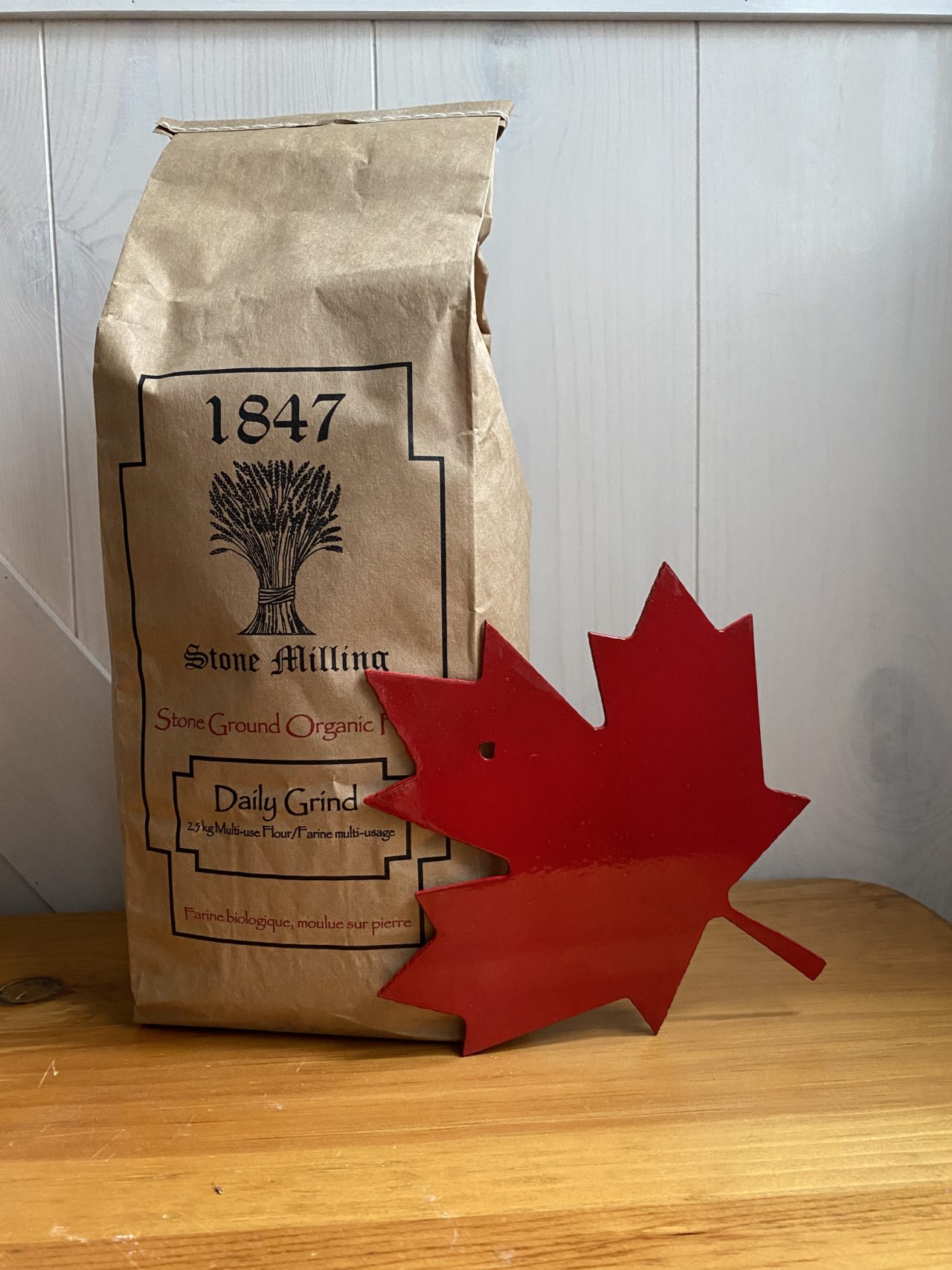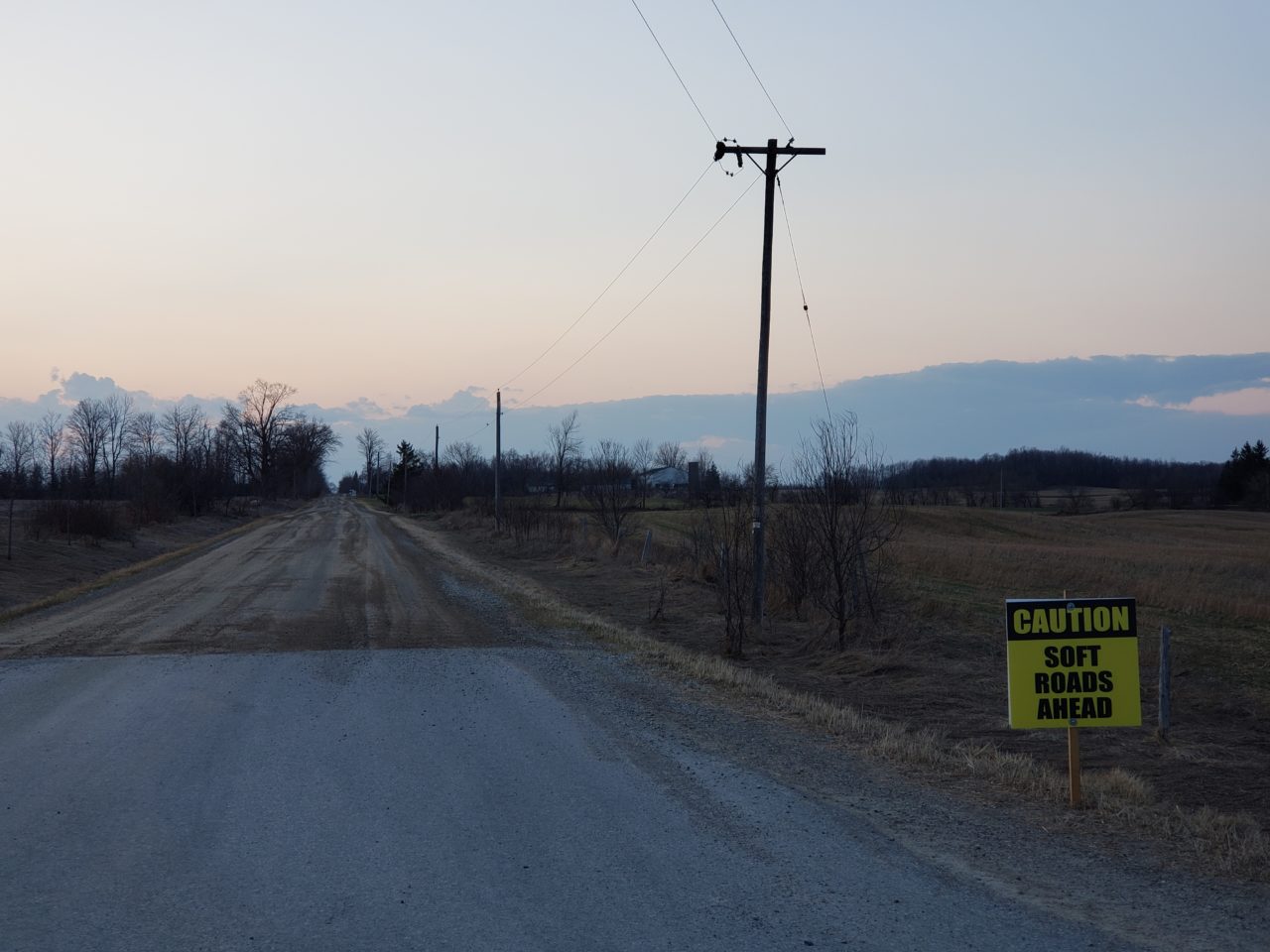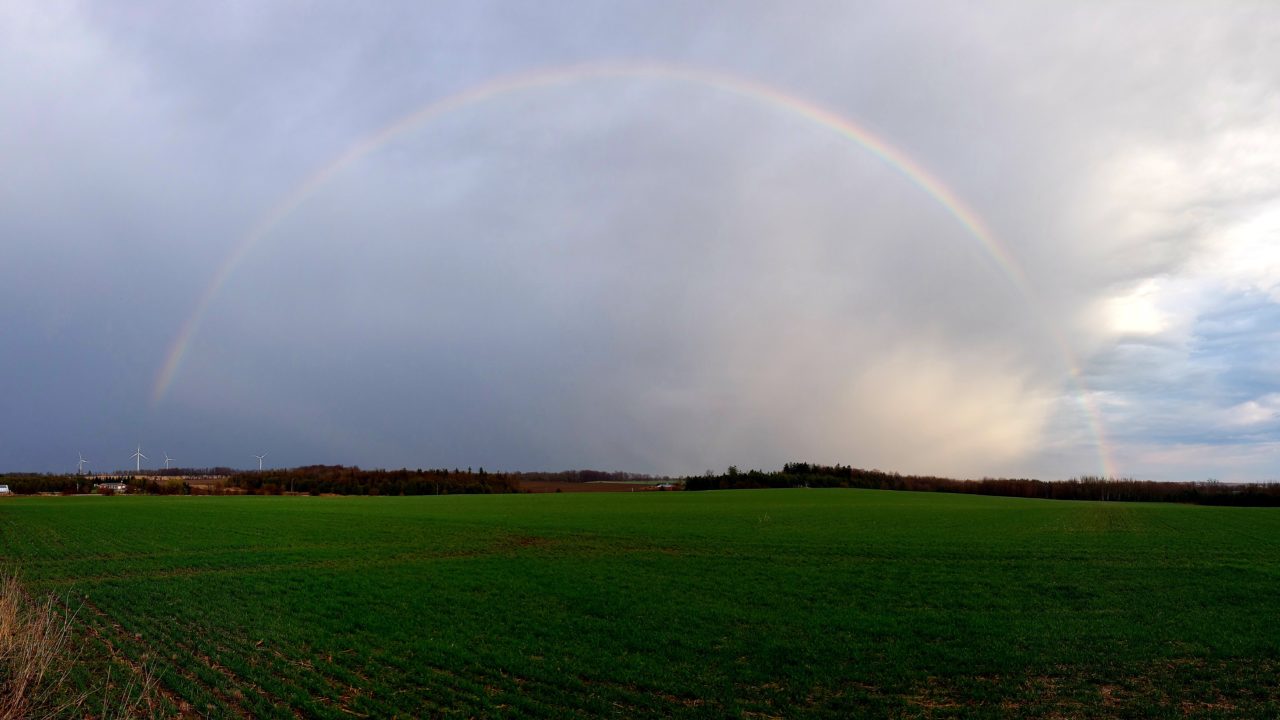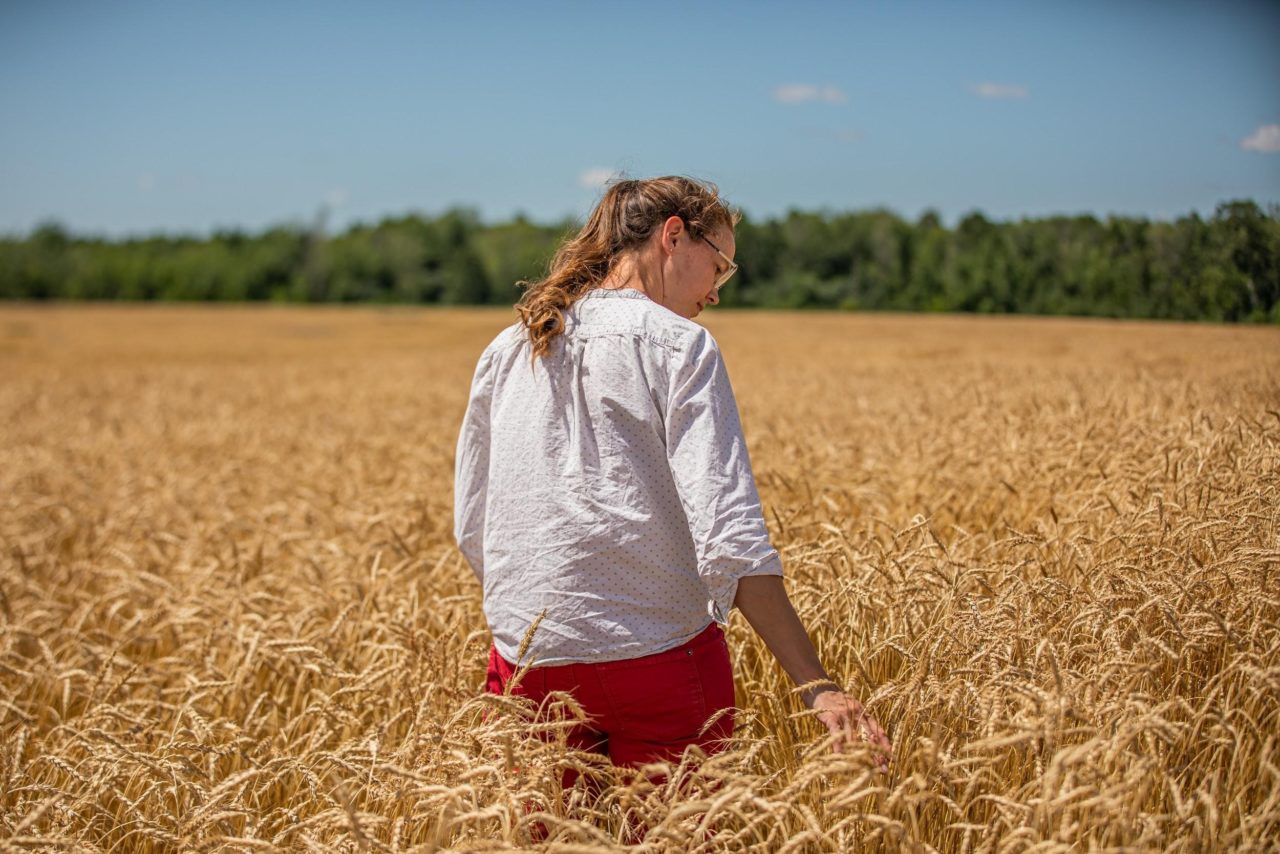During fall, we often cover up with warm sweaters and blankets to shelter from the elements. While our fields deserve to be cozy over the winter as well and so farmers are planting cover crops now that their primary crops have been harvested. Cover crops have been used for centuries in agriculture, but their benefit to topsoil health has only recently been studied in depth. All cover crops can aid in increasing the organic matter in the soil and are often referred to as “Green Manure”. Many times the cover crops grow over the fall and the following spring the crops are tilled under without being harvested. This increases organic content and soil fertility. Along with the benefit of soil health, the carbon that is drawn from the atmosphere is in the form of carbon dioxide which we know is a greenhouse gas contributing to global warming.
Different cover crops serve different purposes. Cover crops of grasses are used when soil erosion is a concern. Typical grass cover crops include rye, oats, barley and wheat. The fast growing root system traps and holds soil in place preventing it from being eroded through wind or water typically caused by the spring thaw.
Legume cover crops such as clover and alfalfa capture nitrogen in the air and sequester it in the soil. This can offset chemical fertilizer in conventional farming and gives a boost to organic farmers where nitrogen is often a macro nutrient lacking in their fertilizer plan. The deep root structure of some legumes breaks up subsoil compaction which also helps crops like corn in subsequent years.
Non-legume broadleaf varieties include oilseeds and buckwheat varieties. These varieties work really well as a green manure and make many nutrients more bioavailable to the new crop being planted in the spring. While rare in Canadian farms due to climate, European farmers may even include flowering cover crops to support bees and migrating birds. That is an awfully nice bouquet of flowers as a gift to mother nature.
